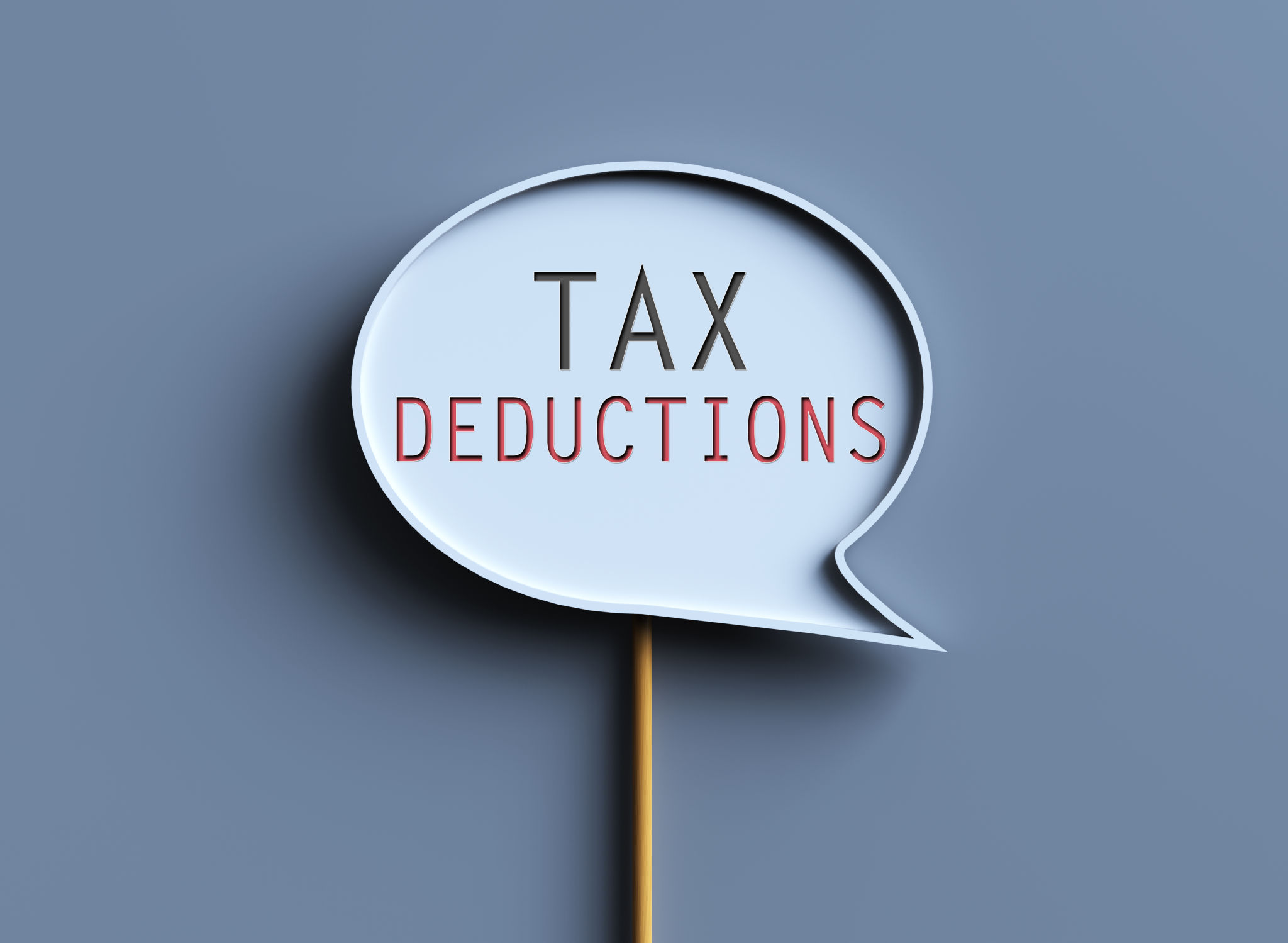Debunking Common Tax Myths: What Every Taxpayer Should Know
GD
Understanding Tax Myths
As tax season approaches, it's common to hear a variety of myths and misconceptions regarding tax filing. These myths can often lead to confusion and missteps in filing, potentially resulting in penalties or missed savings. In this post, we'll debunk some of the most prevalent tax myths and provide clarity for taxpayers.

Myth 1: Filing Taxes Is Voluntary
One persistent myth is that filing taxes is voluntary. This misconception may stem from misinterpreted language in the tax code. In reality, if you meet certain income thresholds, you are legally required to file a federal income tax return. Failing to do so can lead to penalties and interest on unpaid taxes.
It's important to understand that the IRS has clear guidelines on who must file taxes. If you are unsure whether you need to file, consult the IRS website or a tax professional for guidance.
Myth 2: Students Don't Have to Pay Taxes
Another common myth is that students are exempt from paying taxes. While many students may not earn enough to owe federal taxes, they are still required to file a return if their income exceeds the standard deduction for their filing status. Additionally, students with part-time jobs may have had taxes withheld from their paychecks, making them eligible for a refund if they file.
Students should also be aware of potential tax credits available, such as the American Opportunity Credit or the Lifetime Learning Credit, which can provide significant savings.

Myth 3: You Can't Amend Your Tax Return
Many taxpayers believe that once they've filed their return, there's no going back. However, if you've made a mistake or discovered additional information after filing, you can file an amended return using Form 1040-X. This allows you to correct errors and potentially claim additional refunds or credits.
It's crucial to address any necessary amendments promptly, as there are time limits on how long you have to amend a return. Typically, you have three years from the original filing date.
Myth 4: Only the Wealthy Benefit from Tax Deductions
Some people believe that only the wealthy benefit from tax deductions. While it's true that high-income individuals may have access to unique deductions, there are numerous deductions available to taxpayers at all income levels. Common deductions include those for student loan interest, medical expenses, and mortgage interest.

By taking the time to understand and claim these deductions, taxpayers can significantly reduce their taxable income and increase their refunds.
Myth 5: You Don't Need Receipts for Small Expenses
Another myth is that small expenses don't require documentation. In reality, accurate record-keeping is essential for all expenses you plan to deduct. The IRS requires proof of purchase, such as receipts or bank statements, even for small transactions.
Maintaining organized records throughout the year can save you time and stress during tax season and protect you in the event of an audit.
Conclusion
Understanding and debunking common tax myths can help ensure a smoother tax filing experience and prevent costly mistakes. By staying informed and seeking professional advice when needed, taxpayers can confidently navigate the complexities of tax season and maximize their benefits.
